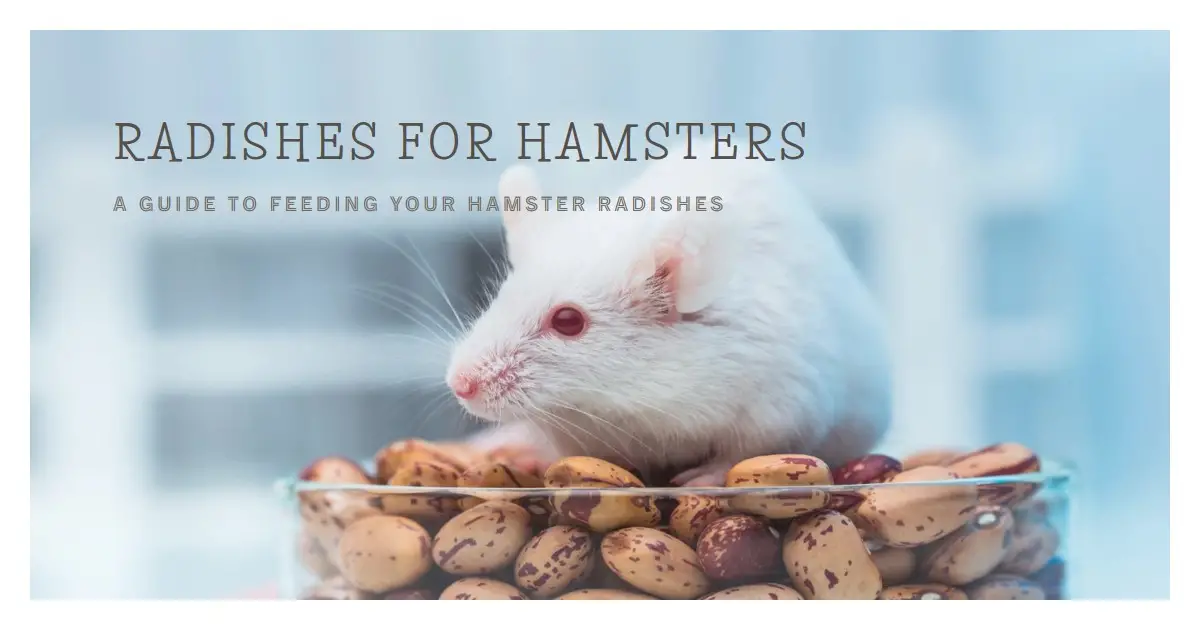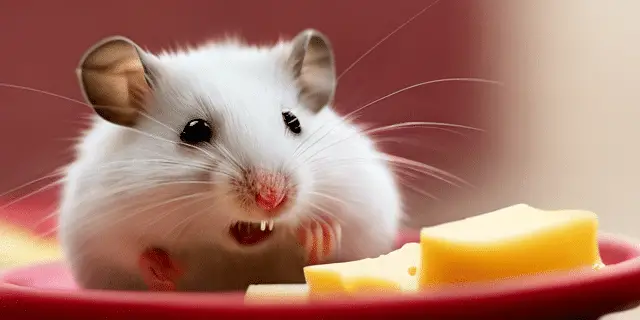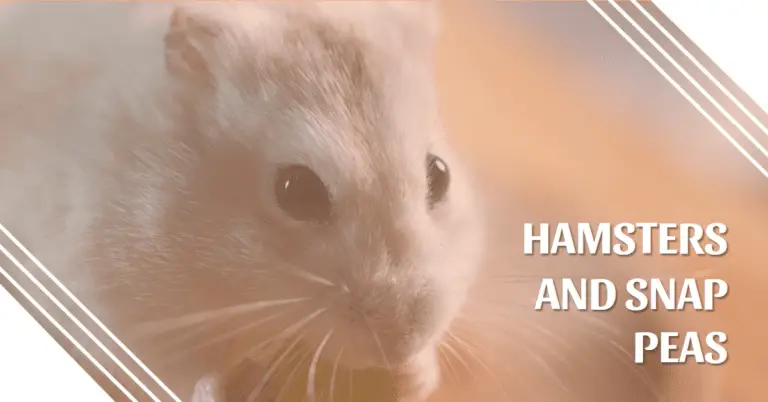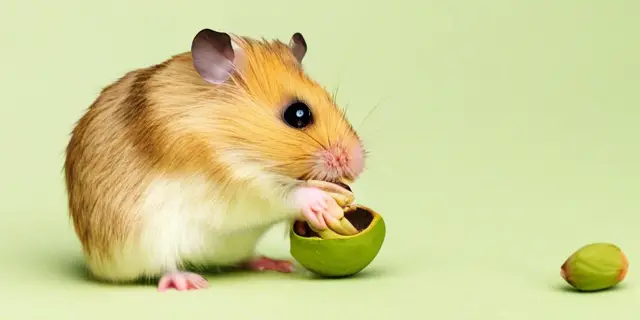Introduction
Hamsters are adorable little pets that have captured the hearts of many. As a responsible pet owner, it’s essential to understand their dietary requirements to keep them healthy and happy. One question that often arises is whether hamsters can eat radishes. In this article, we’ll explore this topic in-depth, providing you with a comprehensive understanding of the benefits, risks, and appropriate portions of radishes for your furry friend.
Nutritional Value of Radishes
Radishes are root vegetables that pack a nutritional punch. They are low in calories and high in fiber, making them an excellent choice for maintaining a healthy diet. Radishes are also a good source of vitamin C, which is essential for boosting the immune system and promoting overall well-being. Additionally, they contain potassium, which is crucial for maintaining proper muscle and nerve function.
Are Radishes Safe for Hamsters?
In moderation, radishes are generally safe for hamsters to eat. However, it’s important to introduce them slowly into your hamster’s diet to avoid any digestive issues. Radishes are high in fiber, which can be difficult for hamsters to digest in large quantities. Consequently, it’s best to limit the amount of radishes you feed your furry friend.
Benefits of Radishes for Hamsters
- Hydration: Radishes are composed of approximately 95% water, making them a great source of hydration for hamsters. Proper hydration is essential for overall health and preventing issues like kidney stones.
- Fiber: Radishes contain a moderate amount of fiber, which can aid in digestion and prevent constipation. However, it’s essential to introduce fiber-rich foods gradually to avoid digestive upset.
- Antioxidants: Radishes are rich in antioxidants, which can help protect your hamster’s cells from damage caused by free radicals.
- Low in Calories: Radishes are low in calories, making them a great option for hamsters who need to maintain a healthy weight.
Risks of Feeding Radishes to Hamsters
While radishes are generally safe for hamsters, there are a few potential risks to be aware of:
- Gas: Radishes can cause gas and bloating in some hamsters due to their high fiber content. Introduce radishes slowly and monitor your hamster’s reaction.
- Digestive Issues: If fed in excessive amounts, radishes may cause digestive problems such as diarrhea or constipation.
- Pesticide Residue: If not washed thoroughly, radishes may contain traces of pesticides, which can be harmful to your hamster’s health.
Serving Size and Preparation
As with any new food, it’s essential to introduce radishes gradually into your hamster’s diet. Start with a small piece, about the size of your hamster’s thumbnail, and monitor for any adverse reactions. If your hamster tolerates the radish well, you can slowly increase the portion size.
Here’s a table to guide you on the appropriate serving size based on your hamster’s age:
| Age | Serving Size |
|---|---|
| Baby Hamster (up to 8 weeks) | A small slice, about the size of a pea |
| Young Hamster (8-12 weeks) | A slice, about the size of a thumbnail |
| Adult Hamster (12+ weeks) | 1-2 slices, about the size of a small grape |
Always wash the radishes thoroughly to remove any dirt or pesticide residue. You can feed them to your hamster either raw or cooked, though raw is generally preferred as cooking can diminish the nutritional value.
Conclusion
In conclusion, radishes can be a safe and nutritious addition to your hamster’s diet when fed in moderation. They provide essential nutrients, hydration, and fiber, but should be introduced gradually to avoid digestive issues. Remember to monitor your hamster’s reaction and adjust the portion size accordingly. By following these guidelines, you can ensure that your furry friend enjoys the benefits of radishes while maintaining a balanced and healthy diet.





